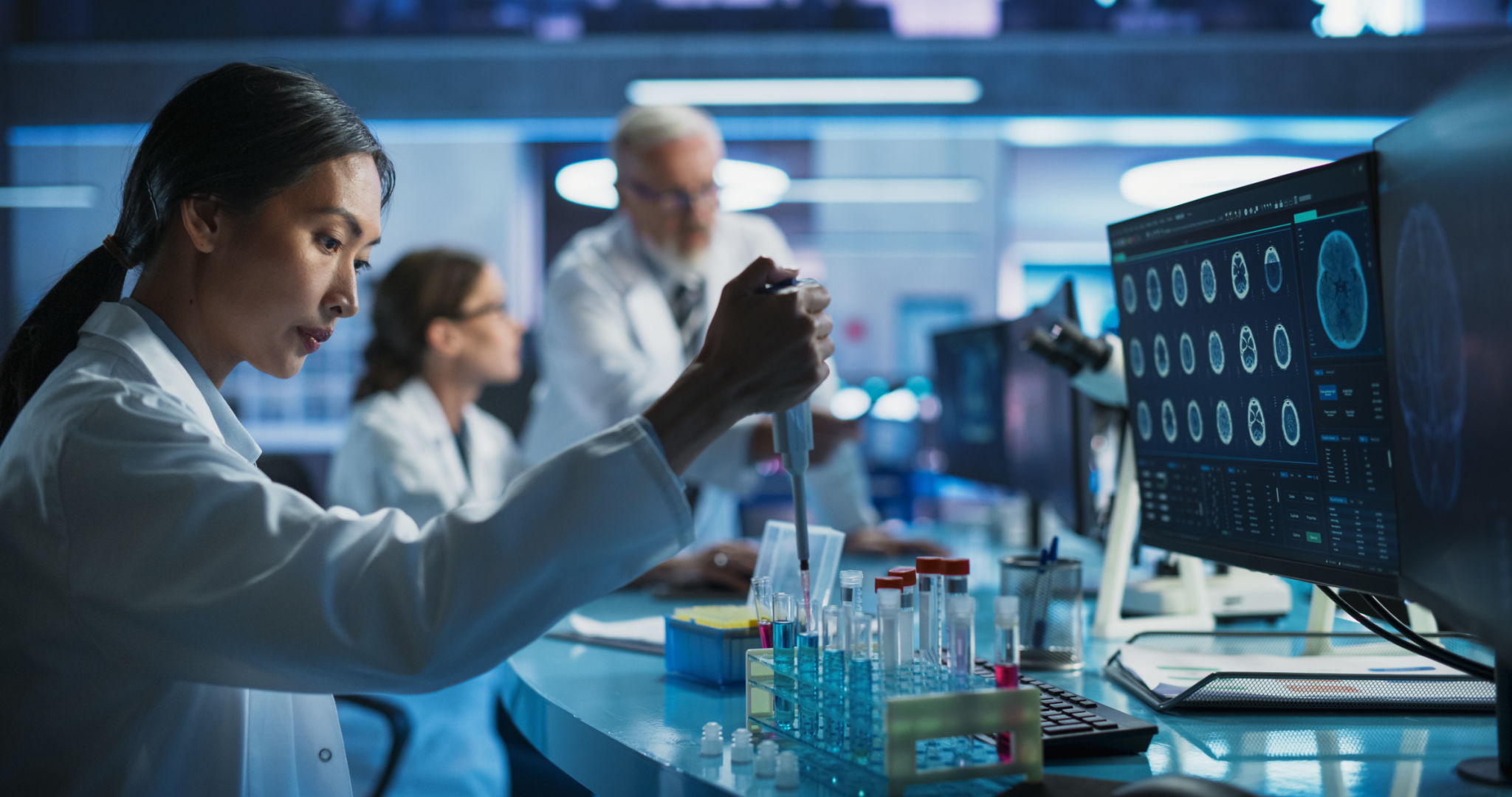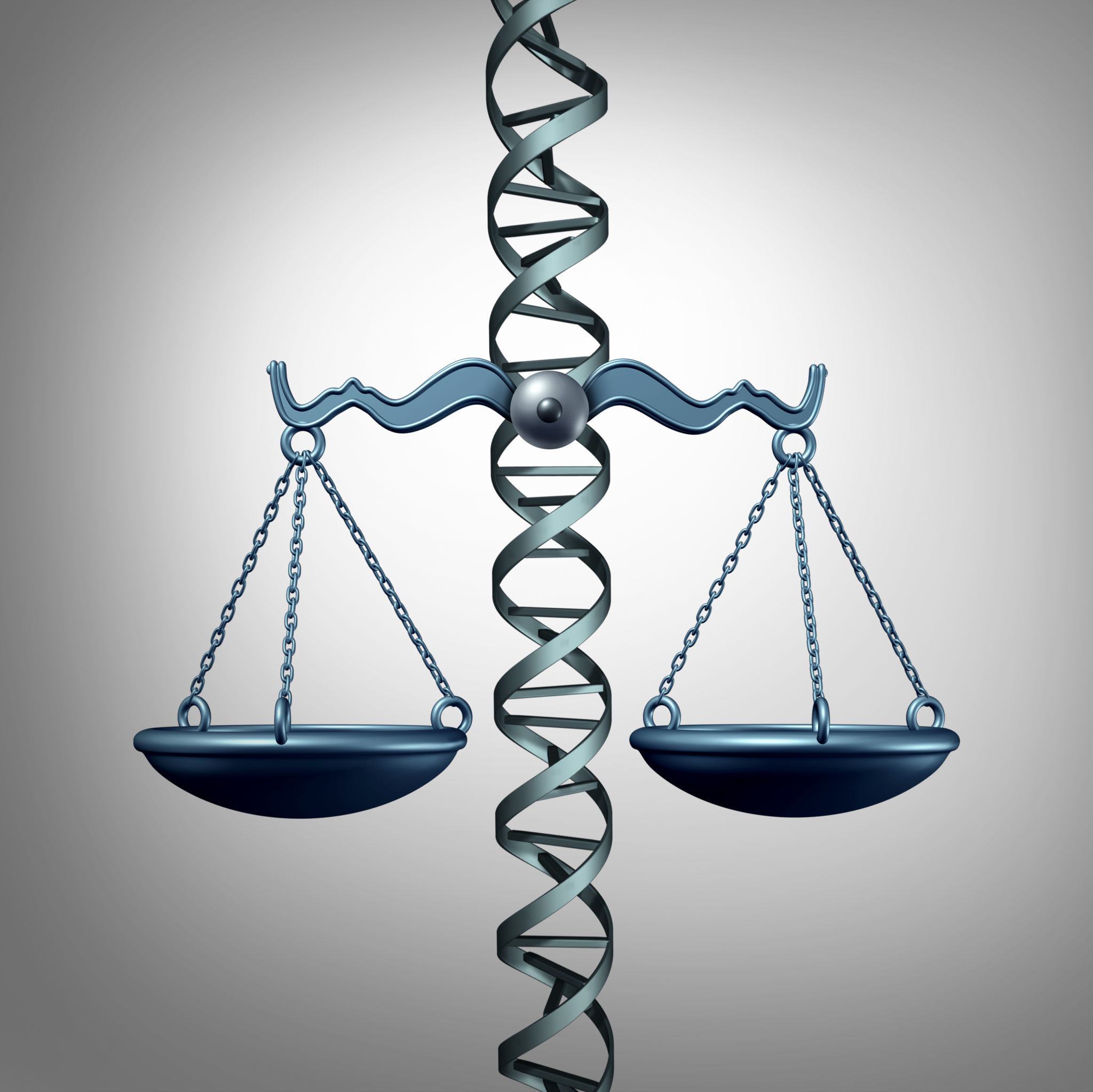Exploring the Impact of Biotechnology on Everyday Health
Understanding Biotechnology in Healthcare
Biotechnology is a field that merges biology and technology to develop products and technologies that improve our quality of life. In the realm of healthcare, biotechnology has been pivotal in revolutionizing how we prevent, diagnose, and treat diseases. By harnessing living cells and biological systems, biotechnological advancements have made significant contributions to everyday health.

Biotechnology and Disease Prevention
One of the most impactful contributions of biotechnology is in the prevention of diseases. Vaccines, which are a biotechnological innovation, have eradicated or controlled many infectious diseases such as smallpox and polio. Modern biotechnological methods have enabled the development of vaccines that are more effective and can be produced rapidly to respond to emerging health threats.
Moreover, genetic screenings and predictive diagnostics allow us to identify individuals at risk for certain diseases. This enables proactive measures and lifestyle adjustments to prevent the onset of these conditions, showcasing the preventive power of biotech innovations.
Advancements in Diagnostic Techniques
Biotechnology has dramatically improved diagnostic capabilities. Techniques like Polymerase Chain Reaction (PCR) and next-generation sequencing have enhanced the accuracy and speed of diagnosing diseases. These methods allow for the detection of genetic disorders, cancers, and infectious diseases at an early stage, increasing the chances of successful treatment.

Additionally, biotechnology has facilitated the development of personalized medicine. By understanding an individual's genetic makeup, healthcare providers can tailor treatments specifically designed for the patient’s unique genetic profile, leading to more effective and efficient healthcare outcomes.
Treatment Innovations Through Biotechnology
The treatment landscape has been transformed by biotechnological advancements. Biologics, which include a range of products such as antibodies, vaccines, and cell therapies, are at the forefront of treating complex diseases like cancer, autoimmune disorders, and rare genetic conditions. These treatments are often more specific and have fewer side effects compared to traditional therapies.
Gene therapy is another promising biotechnological approach. By correcting defective genes responsible for disease development, gene therapy offers potential cures for genetic disorders that were previously considered untreatable.

The Role of Biotechnology in Nutrition and Wellness
Beyond direct medical applications, biotechnology also plays a crucial role in nutrition and overall wellness. Genetically modified organisms (GMOs), for example, are engineered to improve nutritional content and increase resistance to pests and diseases. This leads to higher yields and more nutritious food options, contributing to better public health.
Furthermore, probiotics and prebiotics are biotechnologically enhanced products that support gut health. These products help maintain a balanced digestive system, which is essential for overall health and immunity.
Ethical Considerations in Biotechnology
While biotechnology offers numerous benefits for health, it also raises ethical questions. Concerns about genetic privacy, consent in genetic testing, and the long-term impacts of GMOs highlight the need for careful regulation and public discussion. It is crucial to ensure that biotechnological advancements are pursued responsibly to maximize benefits while minimizing risks.

As biotechnology continues to evolve, its impact on everyday health is set to expand even further. By addressing both current and future health challenges, biotechnology holds the promise of a healthier world for generations to come.
